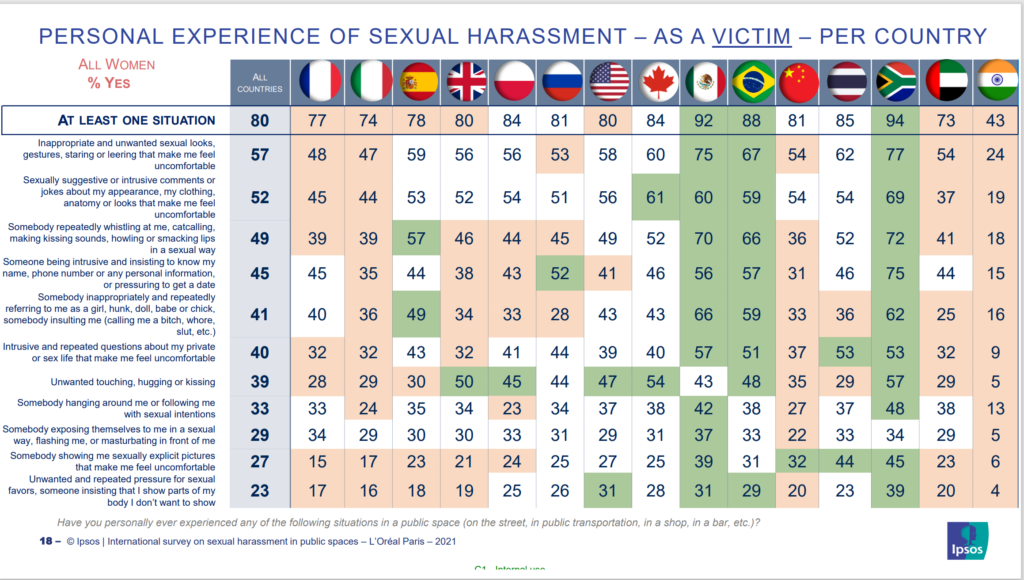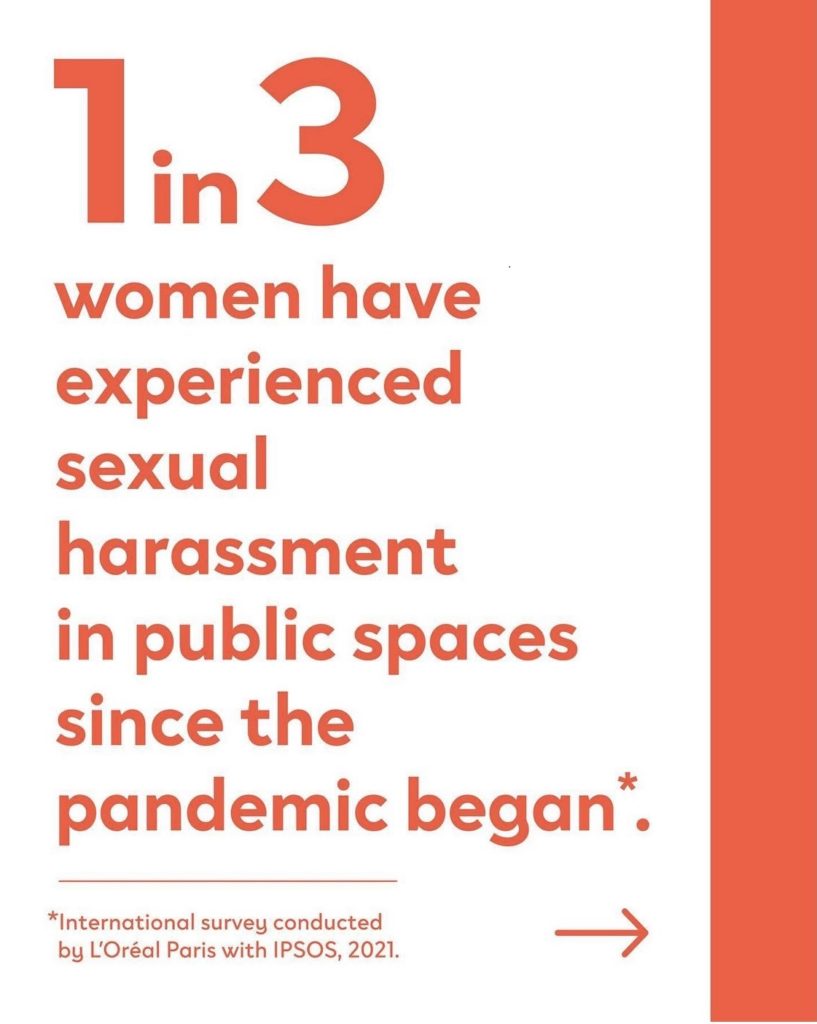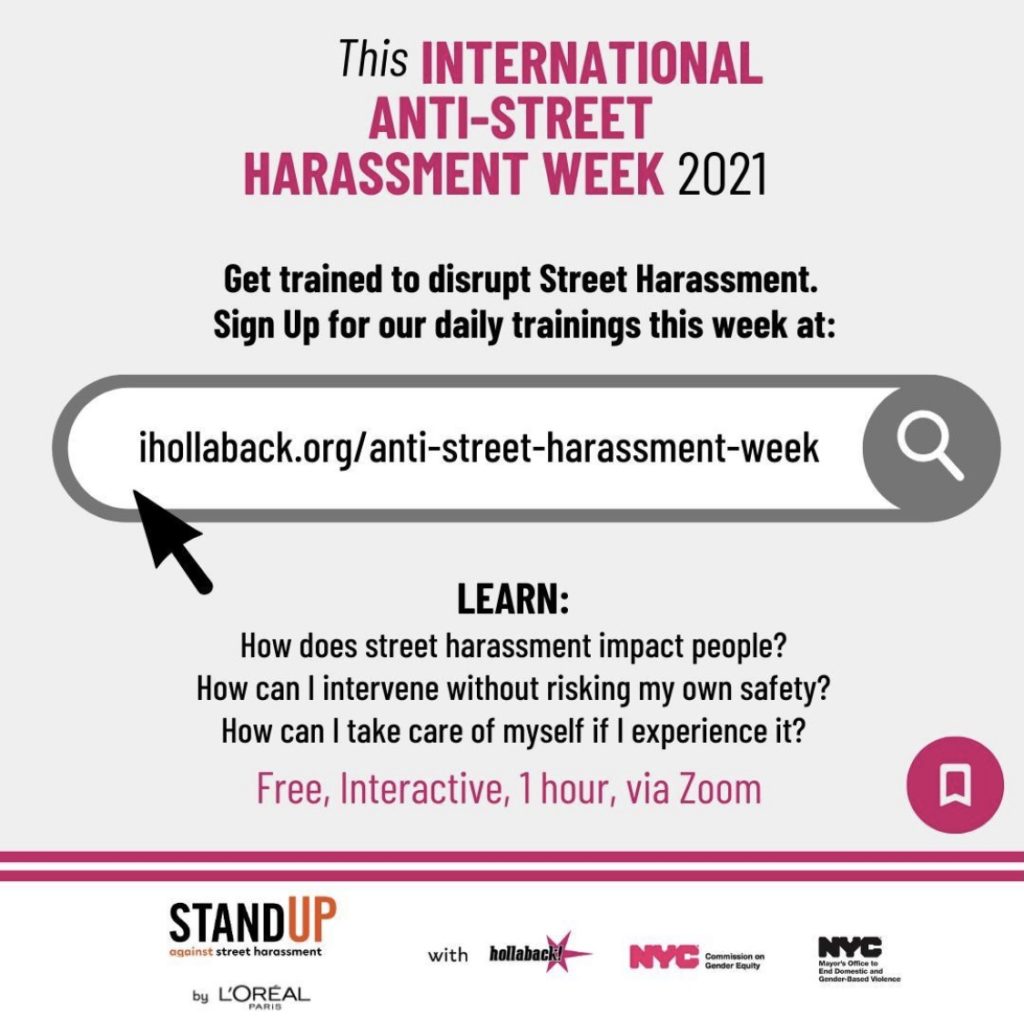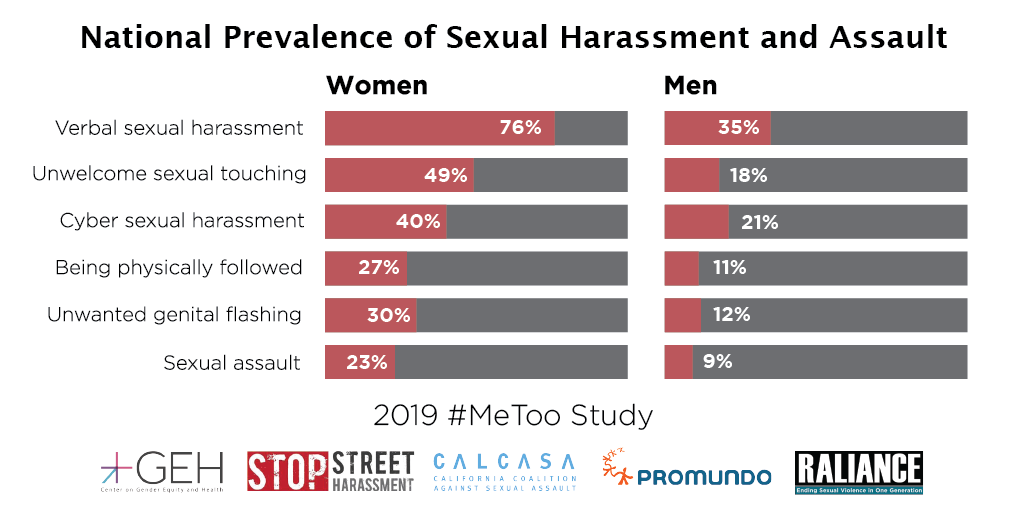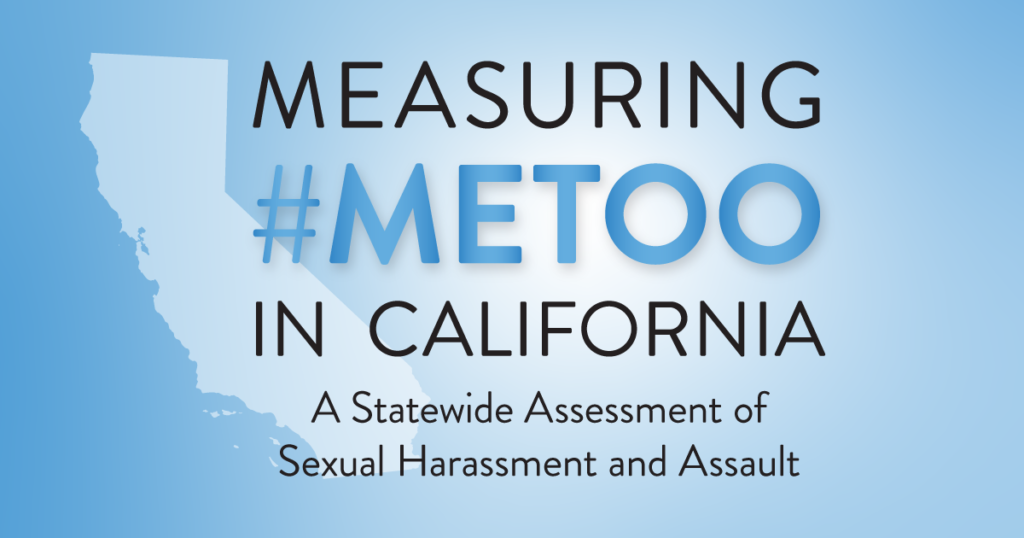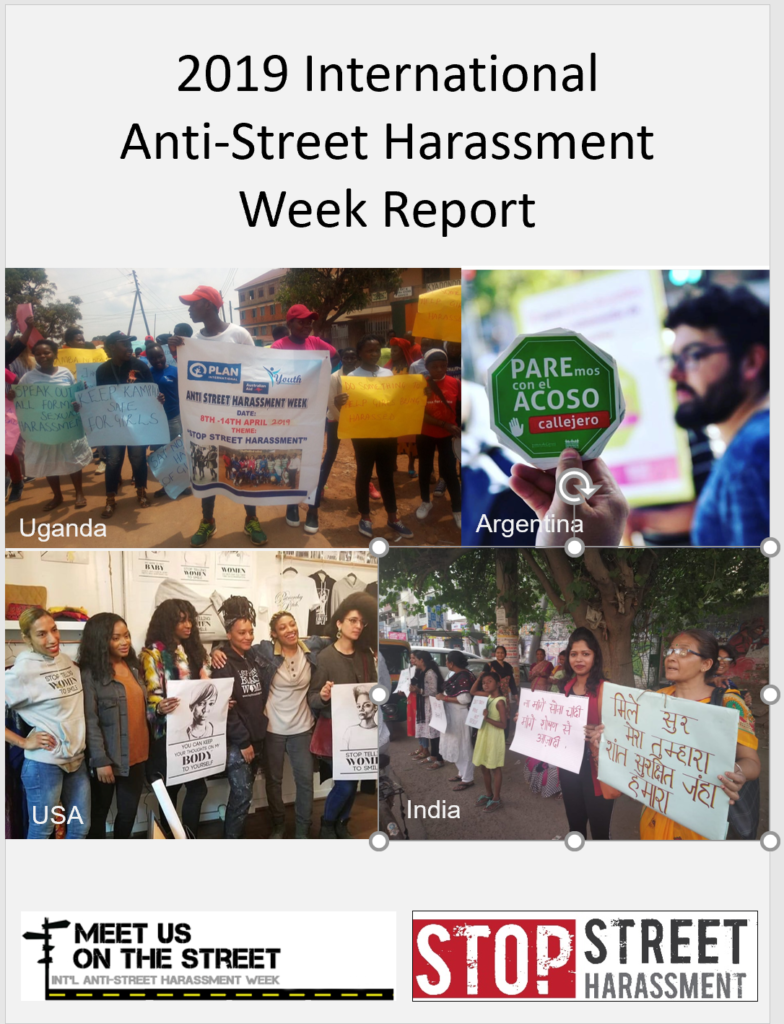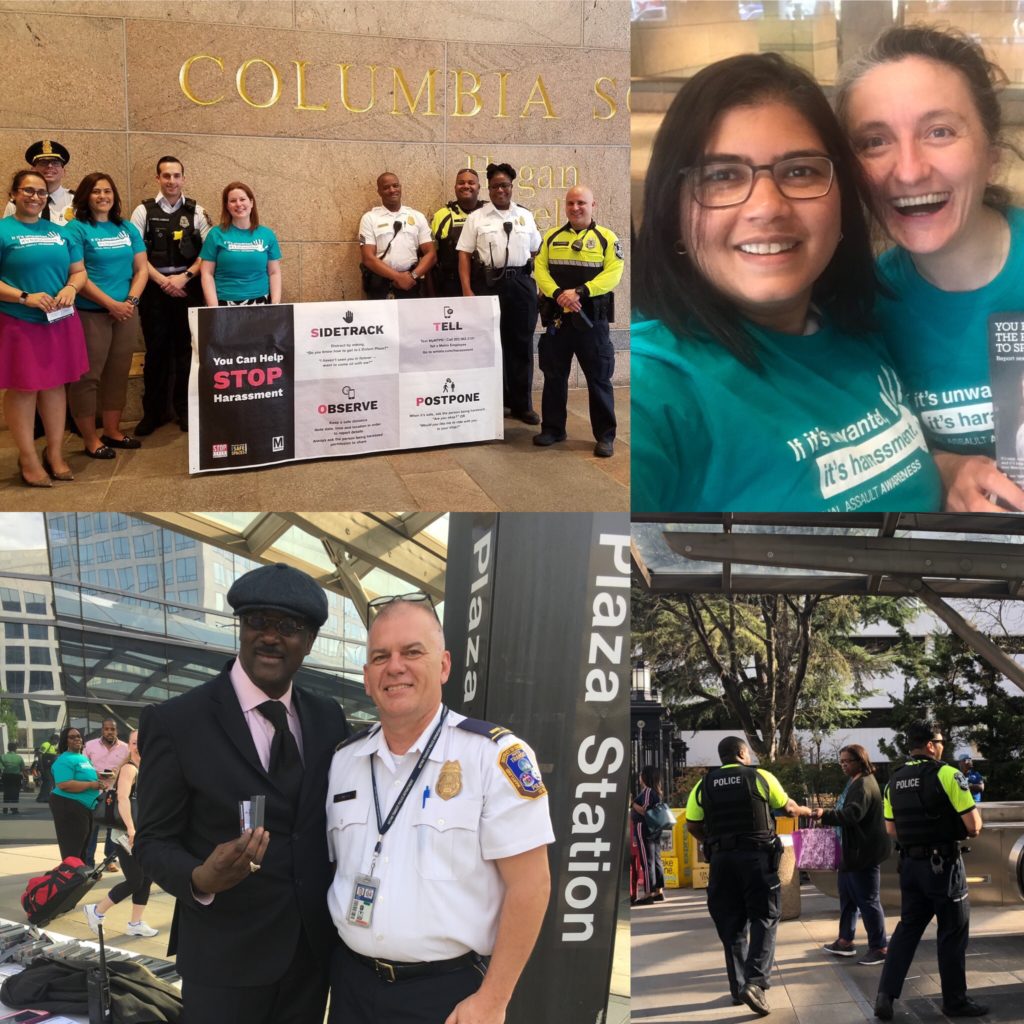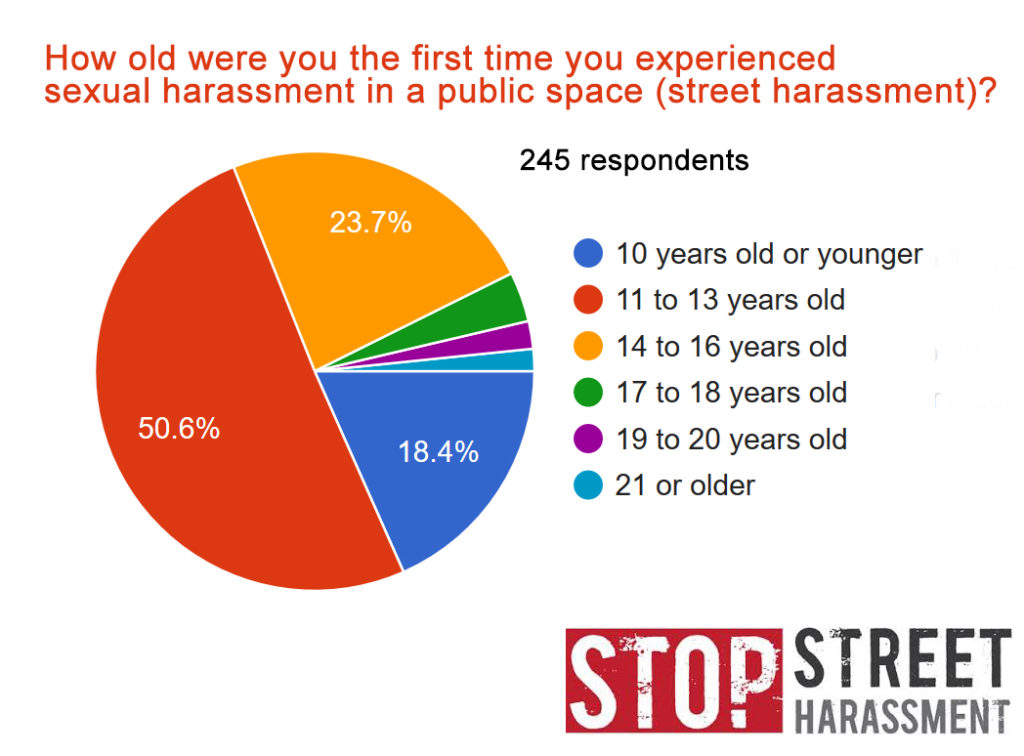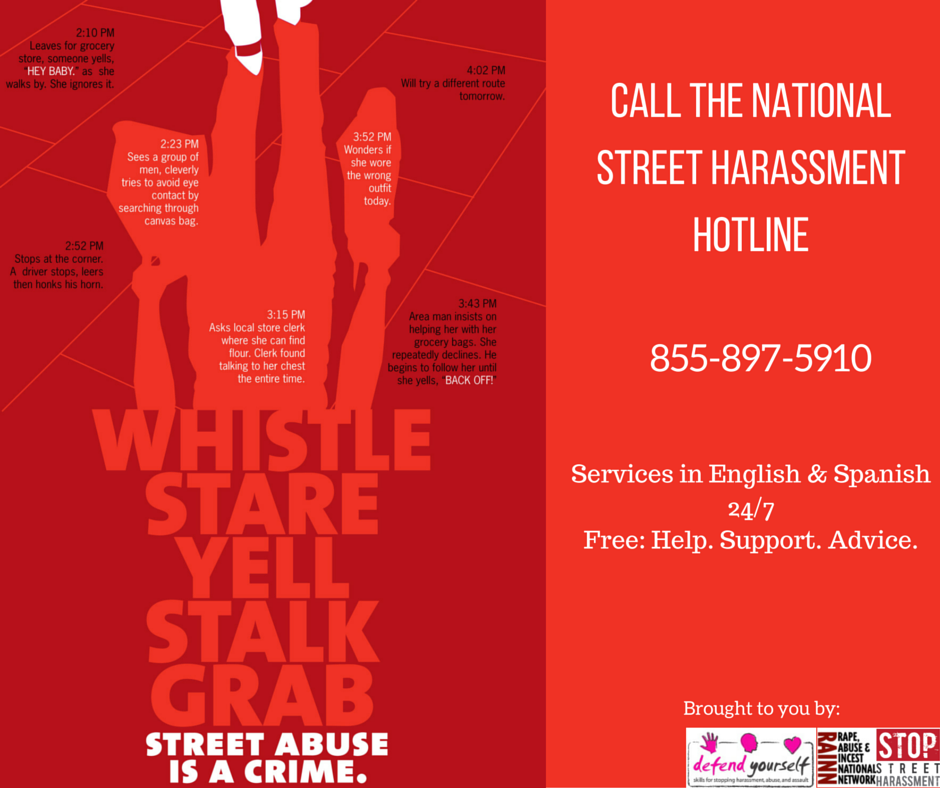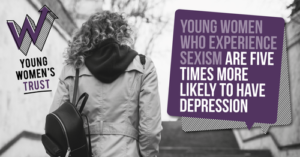Thank you, SSH community who helped fund a 2024 national study on sexual harassment and assault — it came out TODAY!
Roughly 1 in 4 U.S. adults (26%), or more than 68 million people, experienced sexual harassment or assault in the past year alone, with significantly higher rates for women (32%) compared to men (15%).
This #MeToo 2024 Report builds on our 2018 and 2019 surveys. This national study was led by the Newcomb Institute at Tulane University and was supported by Stop Street Harassment, Valor and Raliance. The survey was conducted by NORC in spring 2024, of more than 3,300 U.S. adults over age 18.
READ: Full Report | Executive Summary | Press Release | Survey Questions
The findings show that despite heightened awareness and prevention efforts from the #MeToo movement that gained national attention in 2017, most women (82%) and nearly half of all men (42%) have experienced sexual harassment or assault in their lifetime.
These abuses often occur as sexual harassment in public spaces, 73% for women and 24% for men.
Over half of women (56%) experience sexual harassment or assault by age 18. Alarmingly, one in five women (20%) first experience sexual harassment or assault before the age of 13 — and most often in the form of sexual harassment in public spaces without intervention.
Notably, it has been 10 years since our 2014 national survey on street harassment, which showed that 65% of women and 25% of men had faced sexual harassment or assault in public spaces. Thus, in 10 years, the rate for women has increased — 65% to 73%, while it has stayed around the same for men — 25% to 24%.
More work is needed to work to stop sexual harassment and abuse, especially in public spaces and especially by men toward girls.
This is unacceptable! We must continue to speak out and work to make public spaces safe for everyone.



